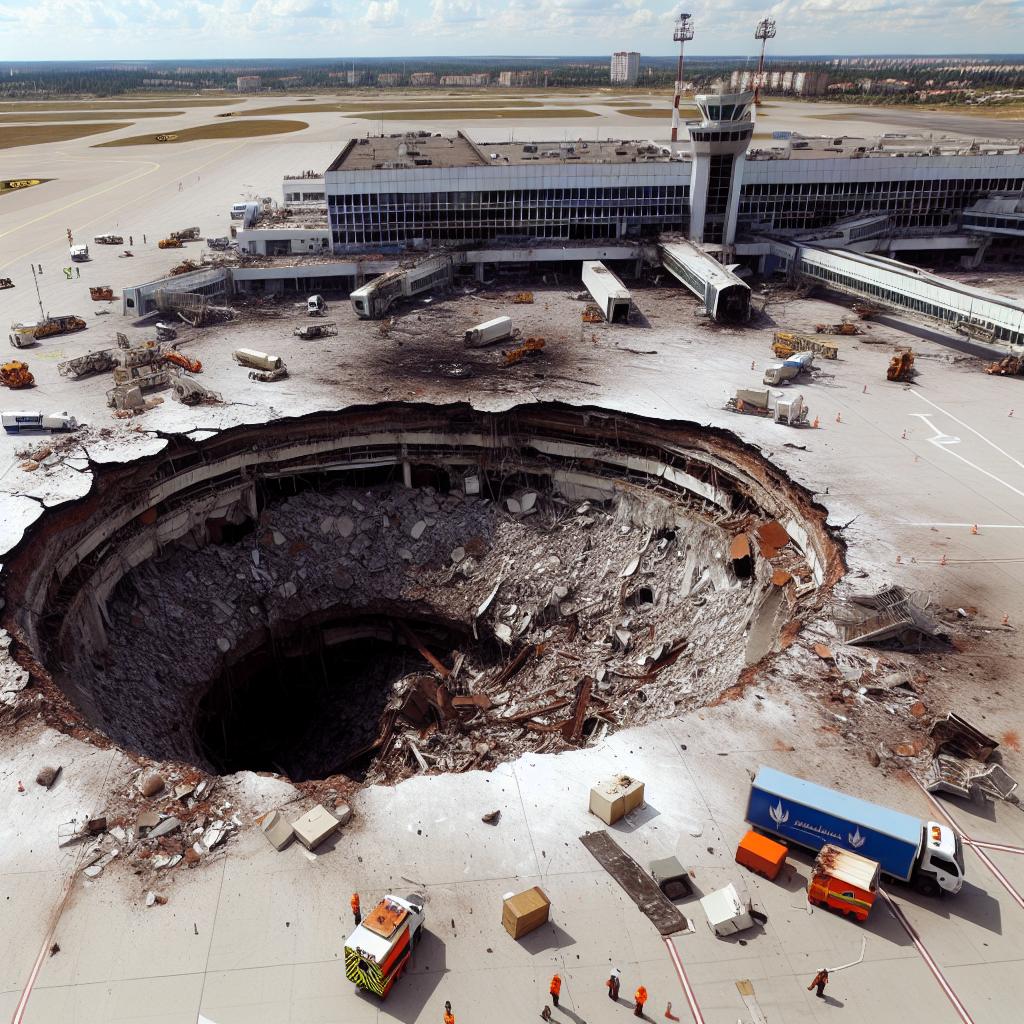25-Metre-Deep Crater at Israel’s Largest Airport Following Houthi Missile Attack
25-Metre-Deep Crater at Israel’s Largest Airport Following Houthi Missile Attack
Overview of the Incident
A missile attack by the Houthi rebels has resulted in a significant disruption at Israel’s largest airport, creating a 25-metre-deep crater. This unexpected event has raised concerns over regional security and the potential for escalating tensions.
Key Details of the Attack
- Location: The attack targeted Ben Gurion Airport, Israel’s primary international gateway.
- Impact: A massive crater measuring 25 metres in depth was formed, causing significant damage to the airport infrastructure.
- Perpetrators: The Houthi rebels, a group based in Yemen, claimed responsibility for the missile strike.
Immediate Consequences
The attack has led to immediate disruptions in airport operations, affecting both domestic and international flights. Authorities have initiated emergency protocols to ensure passenger safety and manage the situation effectively.
Security and Political Implications
- Regional Tensions: The attack underscores the ongoing volatility in the Middle East, with potential implications for regional stability.
- Security Measures: Heightened security measures are being implemented to prevent further incidents and protect critical infrastructure.
- International Response: The international community is closely monitoring the situation, with calls for restraint and dialogue to prevent escalation.
Conclusion
The missile attack on Israel’s largest airport by Houthi rebels has created a significant security challenge, marked by a 25-metre-deep crater. This incident highlights the persistent instability in the region and the need for robust security measures to safeguard critical infrastructure. As authorities work to restore normalcy, the international community remains vigilant, emphasizing the importance of diplomatic efforts to address underlying tensions.













